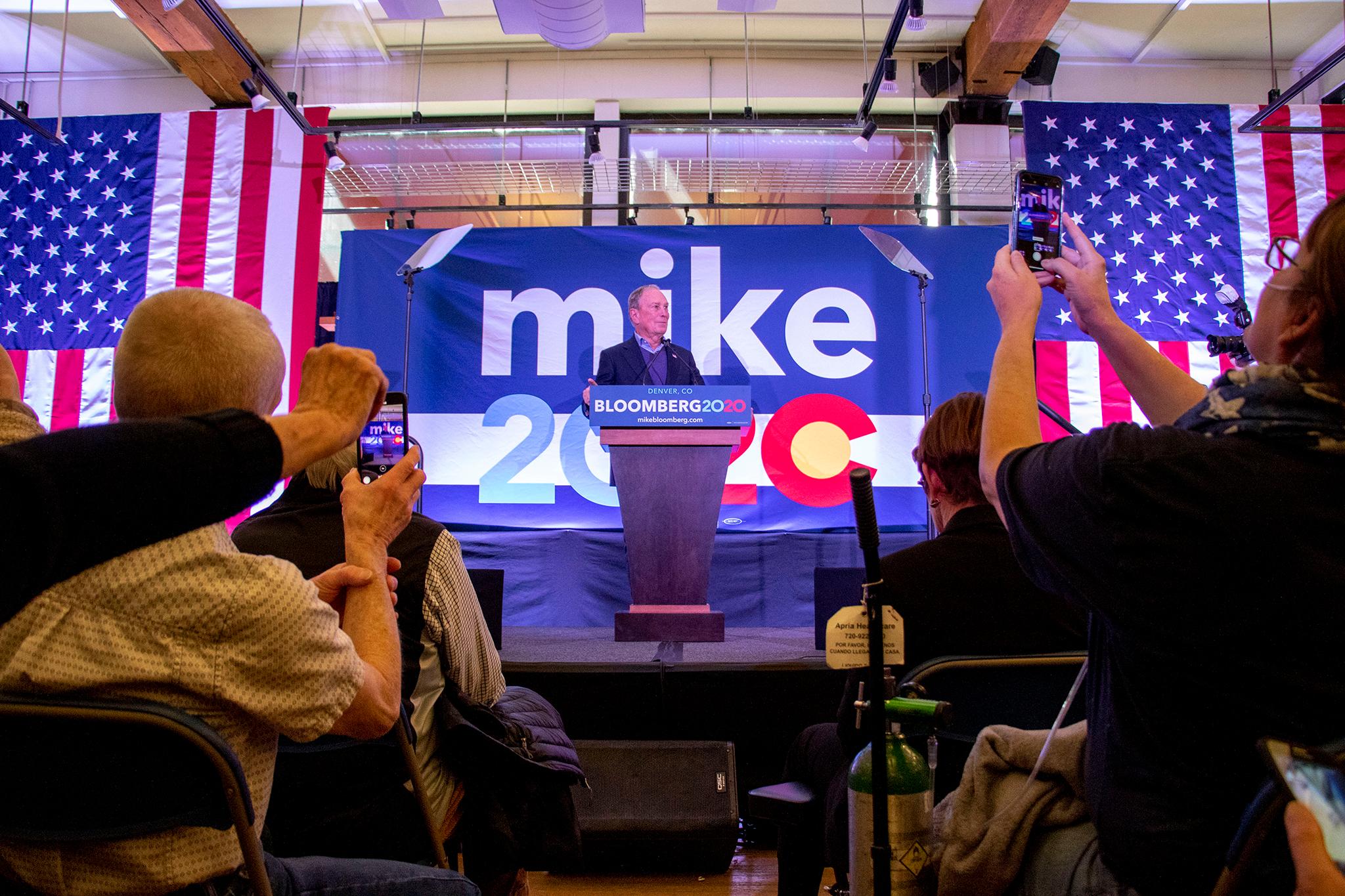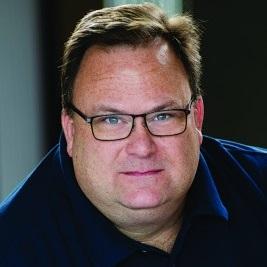
Democratic candidate Michael Bloomberg believes he can work with both sides in Congress to pass his vision for health care in America if he's elected president.
"Look, in New York, I had a Republican Senate and a Democratic House and I got gay marriage through the Republican Senate," said Bloomberg, the former mayor of New York City. "If I can do that, I can get a health care plan through a Republican Senate at a national level."
Bloomberg was in Colorado on Saturday, Feb. 1, for the opening of a campaign office in downtown Denver.
It was his second visit to Colorado since officially declaring his candidacy in November. On his first trip In December, he outlined his gun safety policy. Bloomberg is a gun control advocate, donating millions to the cause and helping found the gun-control lobbying group Everytown for Gun Safety in 2014.
This weekend he unveiled his tax policy, which "targets the wealthiest people and corporations in the country." And soon, his campaign will launch a series of ads focused on the candidate's health care plan.
Colorado Matters host Ryan Warner sat down with Bloomberg to ask him more about his "practical" proposal.
Full Transcript
Ryan Warner: If health care is someone's deciding issue, I'd like to ask why your policy is better than the other democratic candidates in the race? Give me your one-minute elevator pitch.
Mike Bloomberg: Mine is practical and will get through Congress. Medicare for All doesn't work because about 155 million people in America get their insurance from their employer. They want to keep it and the hospitals and the doctors want to make sure that's still there as well because that's what subsidizes the people who are getting paid for by Medicaid and Medicare. The government programs pay an awful lot less than the private ones do and so you have to have this balance or we couldn't afford to possibly give everybody the care that they want. And you have people like the unions who fought very hard for medical benefits and they traded a lot of other things away for it, so they want to make sure that they continue to do that as well.
RW: You say that your plan would get through Congress. On Twitter, Justin Kurth of Penrose, Colorado, asks if the U.S. Senate and House remain split, how do you pursue your health care policy? In other words, it sounds like you might be building on Obamacare, which is tremendously unpopular among elected Republicans.
MB: Obamacare is very unpopular, but they all liked the Affordable Care Act, which is exactly the same thing. So, you got to be careful with that. And it was like the woman who said, "Keep your dirty government hands off my Medicare, it's a government program." Look, in New York, I had a Republican Senate and a Democratic House and I got gay marriage through the Republican Senate. If I can do that, I can get a health care plan through a Republican Senate at a national level.
RW: What would you say to folks who are concerned, particularly about the cost of health care, keeping that down and who say the current system or anything resembling it is failing?
MB: Well, the current system is we pay double for healthcare than the Canadians do and they have better results. So, there is something wrong. There is no question about that. We have to find a way to do that. A lot of it is because we've protected the drug industry from not letting the government Medicare negotiate with the drug industry.
The first thing you'd want to do is change that so we can have a free market. We use the National Institute of Health, which is taxpayer-funded, to help develop drugs and then those companies sell the same drugs outside of the United States at much lower prices than they sell them inside. It's all because Congress gave them protection.
RW: When it comes to health care, you point to your record as mayor of New York that the uninsured rate in the city fell. You say life expectancy rose, childhood obesity declined. But you also suffered an important defeat, your ban on jumbo-sized sugary drinks …
MB: No, no. We didn't. We didn't. It didn't get through, but if you go talk to Pepsi and to Coke, they'll tell you sales collapsed of those. The public listened, they said, "Oh, I don't want something with that much sugar," and then Coke and Pepsi switched to selling other kinds of drinks. That's what's happened.
RW: What do you say to people who fear a nanny state under a President Bloomberg?
MB: I didn't tell anybody what they had to do. What we want to do is tell them what the health benefits and problems are and then you make your decisions. I've never recommended banning people smoking. I think if you smoke, you're pretty stupid because you're going to die a lot younger on average, but if you want to smoke, I think you should do that.
Nobody tried to take away your beverages. We just wanted you to have a smaller cup so maybe you wouldn't have two cups and maybe you would not be as obese as in other places. Take a look at Mexico. Mexico is the most obese country in the world and it's all because they have Coke and Pepsi price cheaper than water and the water they have to buy is bottled water.
RW: You've come to Colorado several times …
MB: And I keep coming back. I ski here. I've been coming here since 1966.
RW: What are you hearing from voters when you meet with them about what matters to this state and I wonder if that differs from what you've heard elsewhere in the country?
MB: Well, they all want to replace Donald Trump. He's not popular here, certainly not among the democratic voters and they want to find a problem for homelessness and for guns and for healthcare costs and for all of the same problems, crime. Every city has the same problems.
RW: Thanks for being with us.
MB: You're welcome. Thanks for having me.








